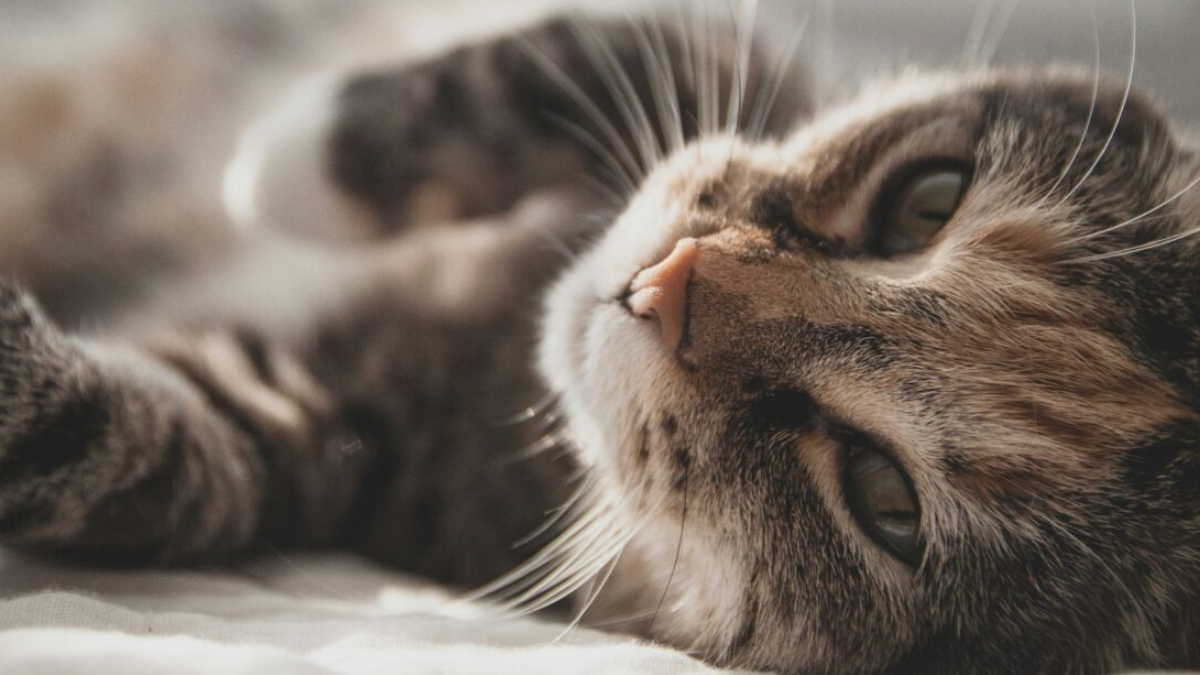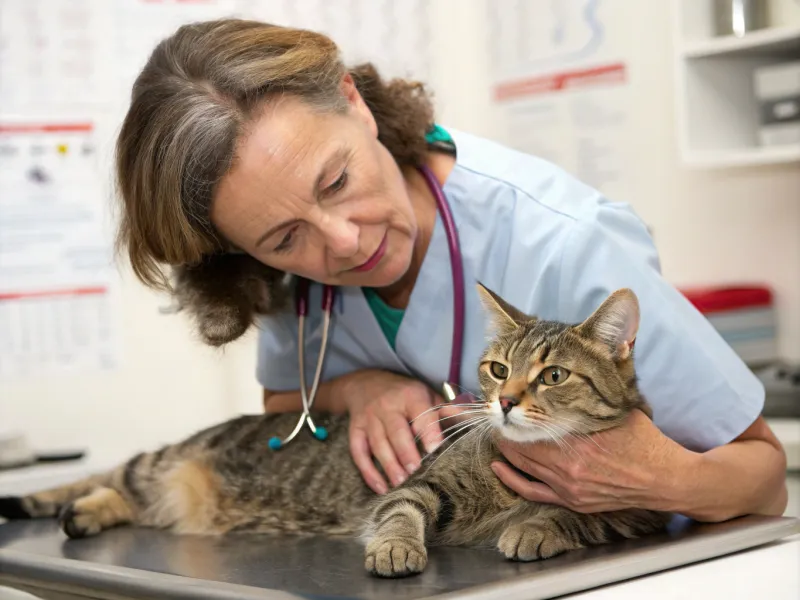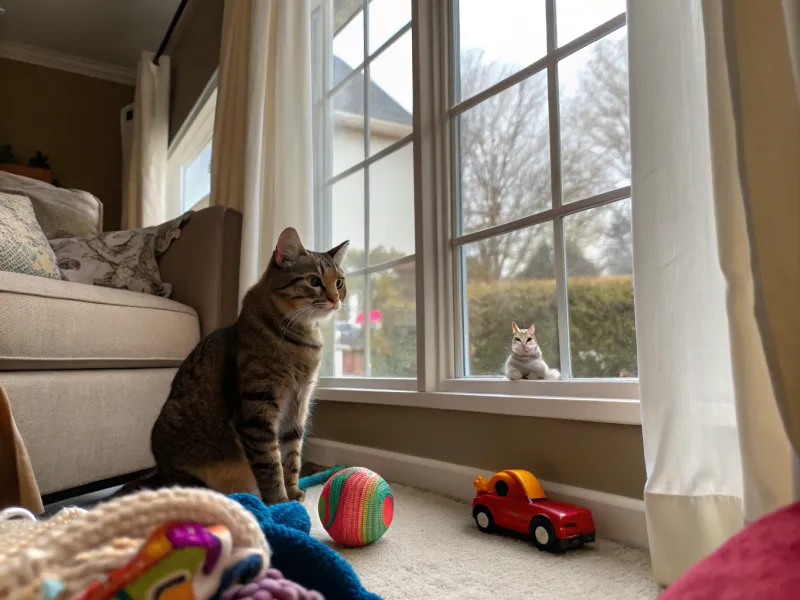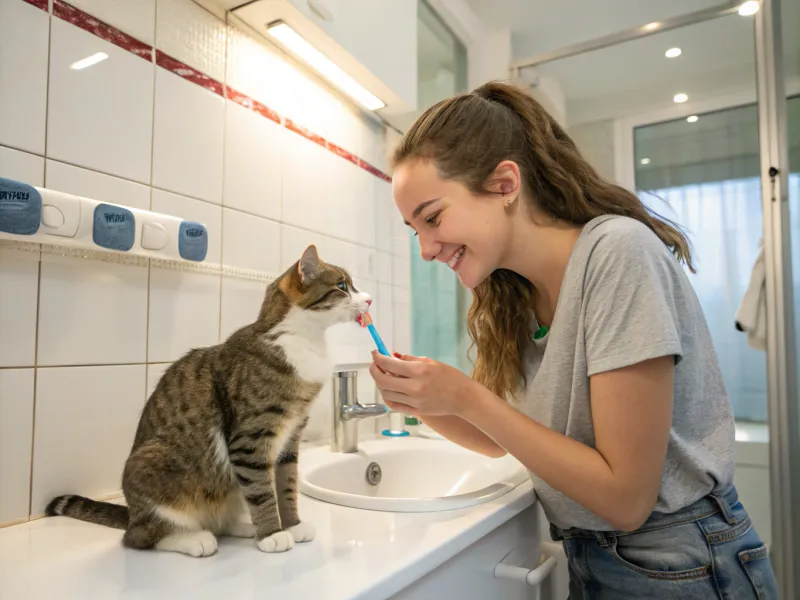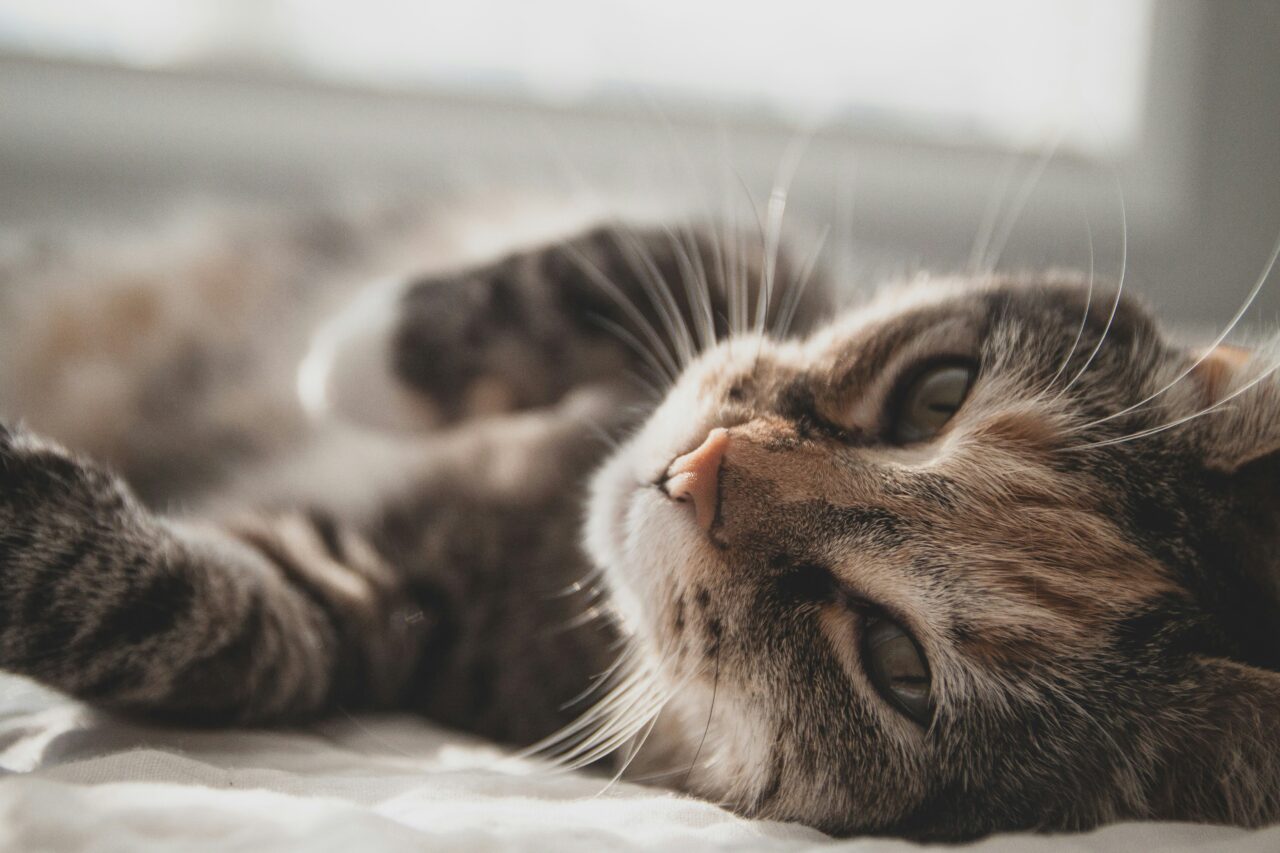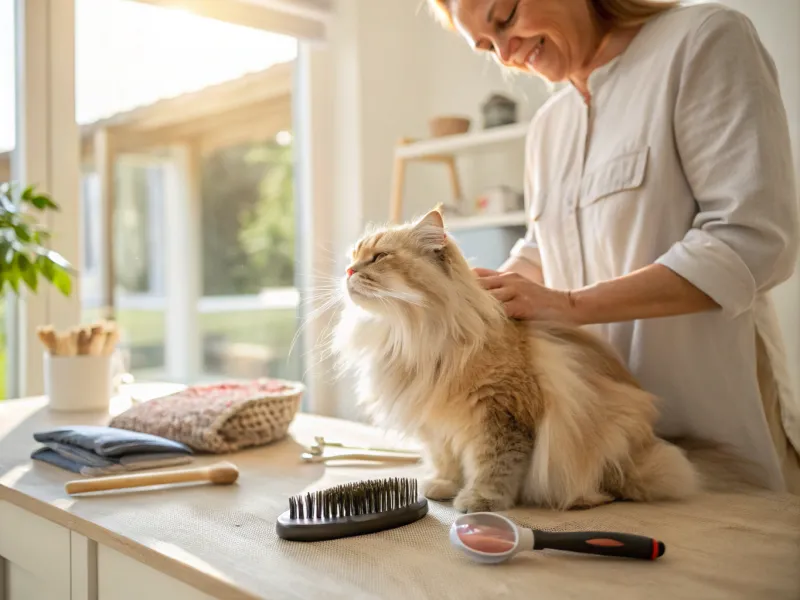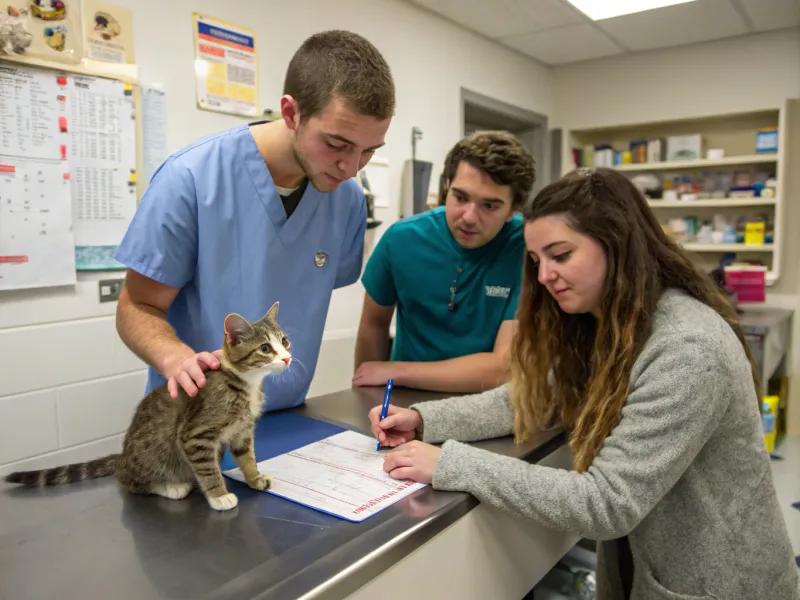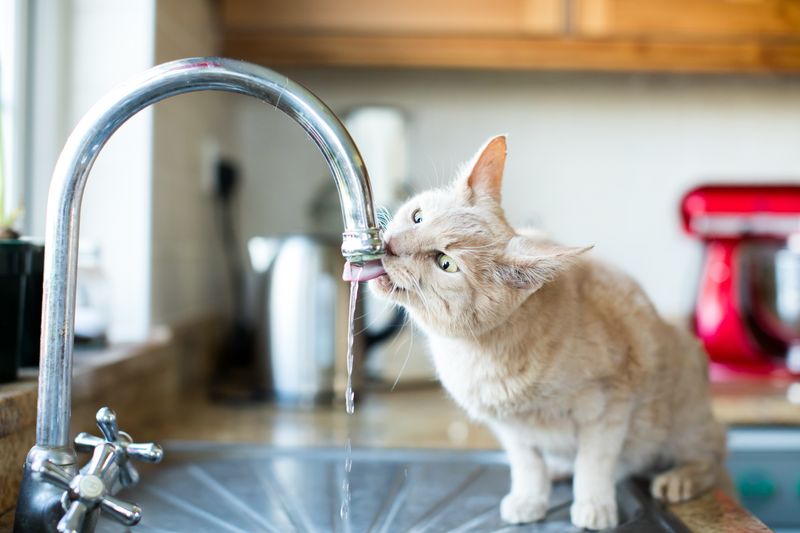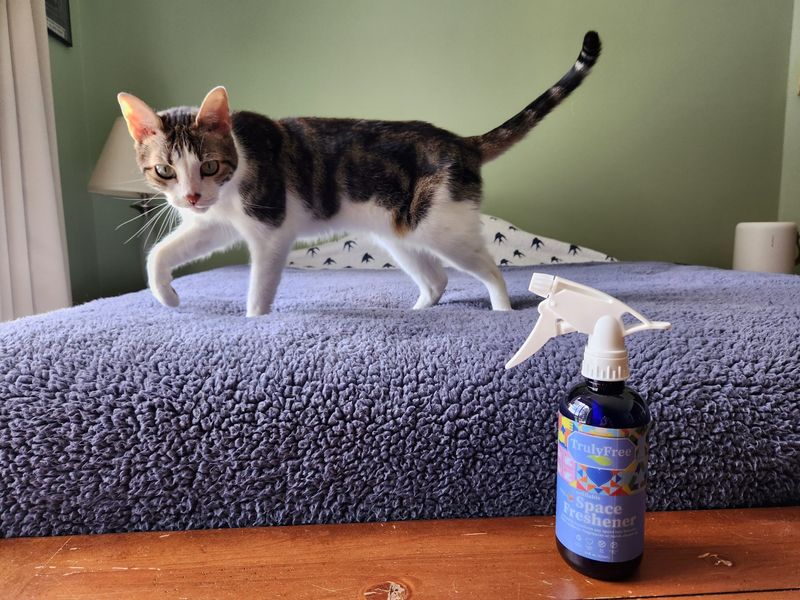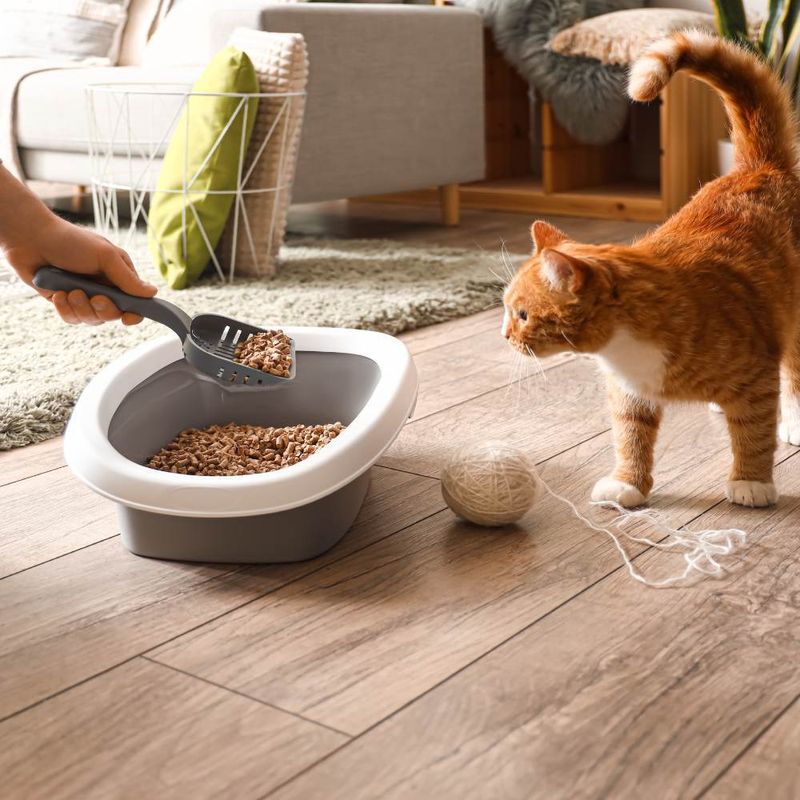📖 Table of Content:
- 1. Ignoring Regular Vet Visits
- 2. Feeding an Unbalanced Diet
- 3. Lack of Mental Stimulation
- 4. Not Providing a Safe Environment
- 5. Skipping Litter Box Maintenance
- 6. Overlooking Dental Care
- 7. Neglecting Social Interaction
- 8. Allowing Free Outdoor Access
- 9. Inconsistent Training Methods
- 10. Ignoring Behavioral Changes
- 11. Overlooking Grooming Needs
- 12. Failing to Spay or Neuter
- 13. Failing to Provide Fresh Water Regularly
- 14. Using Harsh Cleaning Products Around Cats
- 15. Choosing the Wrong Type of Litter
Owning a cat can be a delightful and rewarding experience, but it’s not without its challenges. Many cat owners, especially those new to the feline world, may unknowingly make mistakes that can impact their cat’s health and happiness.
We will explore 15 common mistakes and provide insights on how to avoid them, ensuring a harmonious relationship between you and your feline friend.
1. Ignoring Regular Vet Visits
Regular veterinary check-ups are crucial for your cat’s well-being. Many owners overlook this, assuming their cat is healthy if there are no visible issues. However, early detection of potential problems can prevent serious health complications. A yearly vet visit can help detect conditions that may not be obvious at home, like dental disease or obesity.
Veterinarians can also provide valuable advice on nutrition, behavior, and preventive care. Avoiding these visits to save money can lead to higher costs in the long run. Make it a priority to schedule regular appointments and follow your vet’s recommendations.
2. Feeding an Unbalanced Diet
Cats require a balanced diet to thrive, yet many owners feed them inappropriate food. Cats are obligate carnivores, needing specific nutrients found only in meat. Feeding them dog food, vegetarian diets, or low-quality cat food can lead to malnutrition.
It’s essential to choose high-quality cat food that meets their dietary needs, and consult your vet for recommendations. Another mistake is overfeeding, which can cause obesity and related health issues. Pay attention to portion sizes and avoid excessive treats. Ensuring a balanced diet is key to your cat’s health and longevity.
3. Lack of Mental Stimulation
Without adequate mental stimulation, cats can become bored and develop behavioral issues. Indoor cats, especially, require interactive play to mimic hunting and satisfy their natural instincts. Neglecting this can lead to stress and anxiety.
Incorporate toys, puzzle feeders, and regular play sessions into your cat’s routine. Rotate toys to keep things exciting, and consider adding perches or cat trees for climbing. By engaging your cat mentally, you’ll improve their quality of life and reduce the risk of unwanted behavior. Remember, a mentally stimulated cat is a happy cat.
4. Not Providing a Safe Environment
Cats are naturally curious creatures, which can sometimes lead them into dangerous situations. Failing to cat-proof your home can put your pet at risk. Ensure windows are secure and fitted with screens, and keep harmful substances like cleaning products out of reach.
Secure electrical cords and eliminate any small objects that could be swallowed. Creating a safe environment requires vigilance and regular checks to prevent accidents. Remember, what seems harmless to you might be a potential hazard to your curious feline. Providing a cat-safe home is crucial for their protection.
5. Skipping Litter Box Maintenance
Cats are fastidious animals, and a dirty litter box can lead to problems. Neglecting litter box maintenance can result in your cat refusing to use it, leading to inappropriate elimination around the house. It’s important to clean the litter box daily and provide one box per cat, plus one extra.
Choose the right type of litter and ensure the box is in a quiet, accessible location. Regular cleaning prevents odors and encourages your cat to use it consistently. Proper litter box maintenance is key to a harmonious household and a happy cat.
6. Overlooking Dental Care
Dental health is often ignored by cat owners, yet it’s vital for overall well-being. Many cats suffer from dental disease, which can cause pain, tooth loss, and systemic issues if untreated. Brushing your cat’s teeth regularly helps prevent plaque build-up and periodontal disease.
Use cat-specific toothpaste and take it slow to get your cat accustomed to the routine. Dental treats and toys can also aid in maintaining oral health. Regular dental check-ups with your vet are important to address any issues early. Don’t overlook dental care; it’s an essential part of your cat’s health.
7. Neglecting Social Interaction
Social interaction is vital for a cat’s emotional health. Cats are often perceived as aloof, but they need companionship and attention. Neglecting this can lead to withdrawal or aggressive behavior. Spend quality time with your cat daily, through petting, playing, or simply being present in the same space.
Understanding your cat’s social needs can strengthen your bond. If you have a multi-cat household, ensure each cat receives individual attention. Recognizing and addressing social needs can prevent loneliness and foster a happier, more content feline friend.
8. Allowing Free Outdoor Access
Allowing cats unrestricted outdoor access poses significant risks to their safety. Outdoor cats are exposed to dangers like traffic, predators, and diseases. They can also harm local wildlife and face territorial disputes with other cats.
Consider keeping your cat indoors or building a secure outdoor enclosure. If outdoor access is preferred, supervise their time outside or use a leash. Providing a safe outdoor experience minimizes risks and enriches their environment responsibly. Balancing outdoor curiosity with safety is essential for your cat’s well-being.
9. Inconsistent Training Methods
Training your cat with inconsistent methods can lead to confusion and frustration. Cats respond well to positive reinforcement, but mixed signals from different family members can hinder progress. Establish clear rules and ensure everyone in the household follows the same training approach.
Reward desired behaviors with treats or affection, and be patient. Consistency is key to successful training. Avoid punishment, as it can damage trust and lead to behavioral issues. With the right approach, training can be a positive experience for both you and your cat.
10. Ignoring Behavioral Changes
Cats are masters at hiding discomfort, so subtle behavioral changes can indicate underlying problems. Ignoring such changes may delay the diagnosis of medical or psychological issues. Pay attention to shifts in eating, grooming, or litter box habits.
If your cat becomes withdrawn or aggressive, consult your vet to rule out health concerns. Understanding and addressing behavioral changes promptly can prevent long-term problems. Being attentive to your cat’s behavior is crucial for their health and happiness.
11. Overlooking Grooming Needs
Regular grooming is essential, especially for long-haired breeds. Neglecting grooming can lead to matting, skin issues, and discomfort. Brushing helps reduce hairballs and keeps your cat’s coat healthy. Establish a grooming routine tailored to your cat’s needs.
Start slowly, using treats to build positive associations. Regular grooming sessions also provide an opportunity to check for parasites or abnormalities. Keeping your cat well-groomed is more than aesthetics; it’s vital for their comfort and health.
12. Failing to Spay or Neuter
Failing to spay or neuter contributes to cat overpopulation and can lead to behavioral issues. Unaltered cats may exhibit marking, aggression, and roaming. Spaying or neutering helps control these behaviors and reduces the risk of certain cancers.
Talk to your vet about the best time for the procedure, and ensure your cat receives proper post-operative care. Addressing this early on benefits both your cat and the community. It’s a responsible step towards a healthier and more manageable pet population.
13. Failing to Provide Fresh Water Regularly
Many cat owners underestimate the importance of providing fresh water regularly. Cats are notoriously picky about their water, and stale water can discourage them from drinking. This can lead to dehydration and urinary tract issues.
Ensuring your cat has access to fresh, clean water at all times is vital for their health. Consider using a cat water fountain, which can entice your feline to drink more. Changing the water frequently and cleaning the bowl will keep your cat hydrated and healthy, helping to prevent serious health complications.
14. Using Harsh Cleaning Products Around Cats
Cats are sensitive creatures, and using harsh cleaning products around them can pose serious risks. Many conventional cleaning products contain chemicals that can be harmful if inhaled or ingested.
Opting for pet-safe, non-toxic cleaners can protect your cat from accidental poisoning. Always ensure that cleaning areas are well-ventilated and that your cat is kept away until surfaces are dry. Being mindful of the products you use not only keeps your home clean but also ensures your cat’s safety and well-being.
15. Choosing the Wrong Type of Litter
Selecting the right type of cat litter is more crucial than many realize. Some litters can be harsh on a cat’s paws or contain perfumes that irritate sensitive noses. It’s essential to choose a litter that your cat feels comfortable with, as it can affect their willingness to use the litter box. Clumping, unscented litter is often a good choice, providing easy cleaning and less odor.
Trial and error may be necessary, but finding the right litter can promote better hygiene and comfort for your cat, making life easier for both of you.
